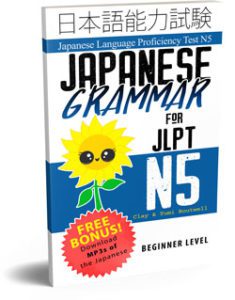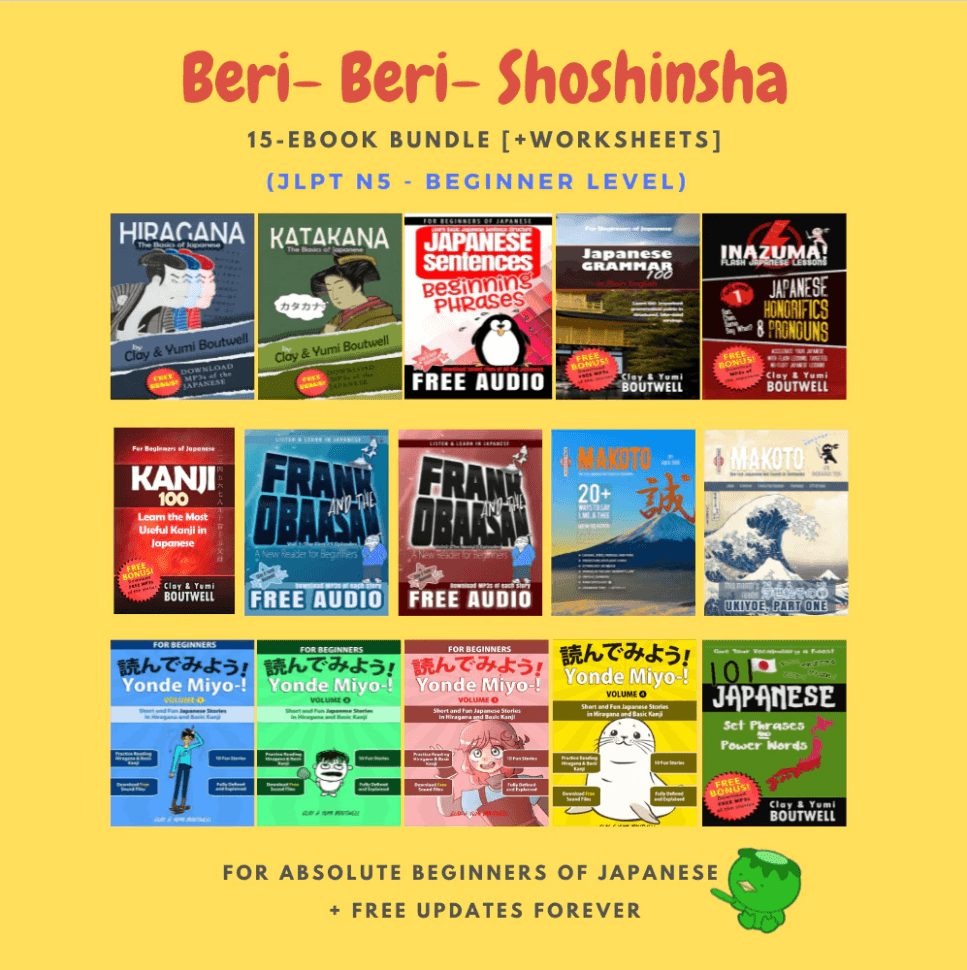ABOUT:
■ ね is perhaps the most versatile sentence ender. It can indicate emphasis, agreement, or be a request for confirmation. Sometimes, the same sentence can mean very different things depending on how the speaker says ね.
How to Use:
■ Agreement: Use to show agreement with what someone just said.
そうですね。
That's right. (I agree with what you just said)
おもしろいですね。
That (what you are talking about) is interesting.
■ Request for confirmation: Use when you want to receive confirmation the listener agrees with you.
あなたは、アメリカ人ですね。
You are an American, aren't you?
Let's put the two together. In the following dialogue, one person will make a statement and use ね to request confirmation. The other person will use ね to confirm and show agreement.
A: テストは難しかったね。
The test was hard, wasn't it?
B: そうでしたね。
It sure was.
ね is also often used to soften a request or an otherwise slightly harsh statement. It is a way to sound nicer.
勉強してね。
Please study.
飲んだら、乗らないでね。
If you drink, don't drive, okay?
It can also be used to emphasize the truth of a harsh statement.
うるさいね!
(You) are too loud!
One more use for ね is to make sure the speaker has the listener's attention. This ね may be said at any point in the sentence and is most often heard on the phone when visual cues are not available.
MAIN POINTS:
■ ね is one of the most versatile sentence-ending particles
■ It can be used to soften a request, show agreement, ask for confirmation, or grab the listener's attention.
■ Think of it like "isn't it?" or "don't you" or "you know…"
■ Used in casual conversation.
■ The manner in which one says ね often conveys what is meant by it.




